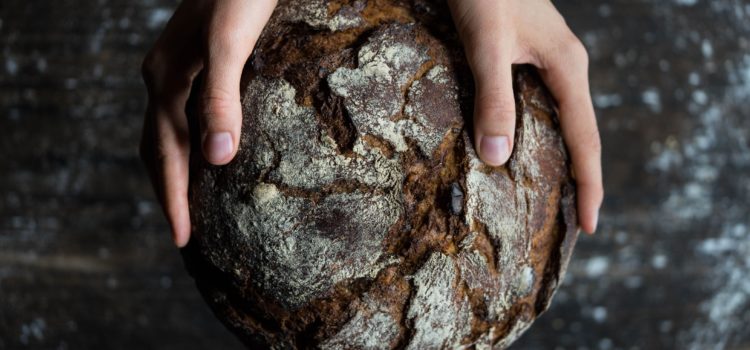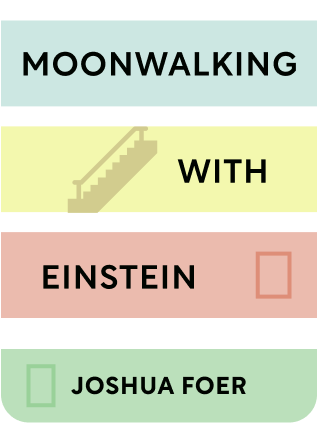

This article is an excerpt from the Shortform summary of "Moonwalking With Einstein" by Joshua Foer. Shortform has the world's best summaries of books you should be reading.
Like this article? Sign up for a free trial here .
What is the baker baker paradox? How does it explain how our memory works?
The baker baker paradox is a theory that helps explain the strengths and weaknesses of human memory. Since our memories are so visual, we associate information more strongly with visual cues.
Read more about how the baker baker paradox works below.
The Baker Baker Paradox and Using Our Strengths
What is the baker baker paradox, and what can it tell us about human memory? When it comes to memory, the brain has three particular strengths. The first is remembering visual and spatial information. When the human memory evolved, the most important things to remember were what vegetation was edible and the routes between food and home. We didn’t need to remember things like shopping lists of historical trivia because they didn’t help us stay alive. As a result, by nature, the human brain is good at remembering images and places (like those of food and home).
Example #2: The Baker baker paradox. In this test, a researcher shows two different subjects the same person. The researcher tells one subject that the person is a baker and the other that the person’s surname is Baker. Two days later, the researcher asks both subjects for the word associated with the person. The subject who was told to remember “baker” is more likely to remember her word than the subject who was given the name “Baker.” This is because the profession of a baker has more associations with other information in the network of our brains. We know that bakers wear tall hats, make cookies, smell like dough, and so on. Even if you can’t remember the word “baker” specifically, you might get the impression of something baker-associated, like bread, when you look at the person. The surname Baker, however, has no existing associations except the image of the person.
Can We Improve Our Memories?
Can the baker baker paradox offer clues on how to improve memory? If our brains are naturally good at remembering certain things and naturally bad at remembering others, is there anything we can do to improve our memories? Is memory like vision or height—you’re stuck with what you’ve got—or more like a skill you can improve? For a long time, scientists thought our memory abilities were fixed, but in a study that took place from 1981-1983, K. Anders Ericsson and Bill Chase found that people can train and improve their memories.
Ericsson and Chase tested the memory of SF. SF took digit span tests, which measure a person’s ability to hold numbers in their working memory, for 250 hours over two years. In the test, someone reads out a new number every second and the test subject must remember the sequence.
Initially, SF, like most people, could only remember about seven digits. He remembered them by chanting them over and over to himself, which is called a phonological loop.
Then, however, he came up with a new method. SF was a runner, so he started thinking of the random digits as running times. For example, 4, 1, 1, 9 became 4 minutes and 11.9 seconds, the time it might take him to run a mile. Using this method, by the end of the testing, SF could remember over 70 digits. (There’s more on this technique, called chunking, in part 2.)
(Shortform note: To learn more about how to use mental representations to improve your skills in a variety of fields, read our summary of K. Anders Ericsson’s Peak: Secrets from the New Science of Expertise.)
The baker baker paradox can help explain why we remember the things we do. Knowing this can help you form solid plans for how to remember things.

———End of Preview———
Like what you just read? Read the rest of the world's best summary of Joshua Foer's "Moonwalking With Einstein" at Shortform .
Here's what you'll find in our full Moonwalking With Einstein summary :
- The memory techniques that took the author from novice to US memory champion in one year
- The 6 key types of memory we use everyday
- Why memory isn't just genetic, and how you can improve your memory with the right techniques






